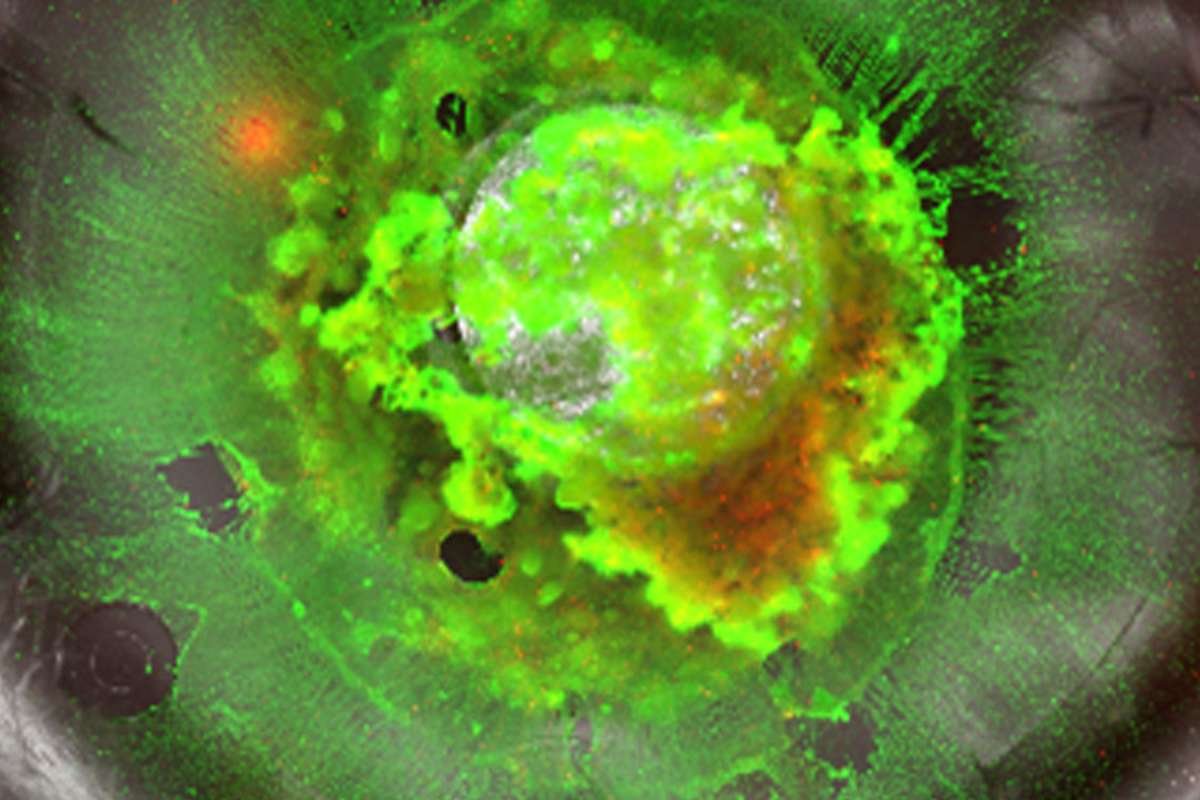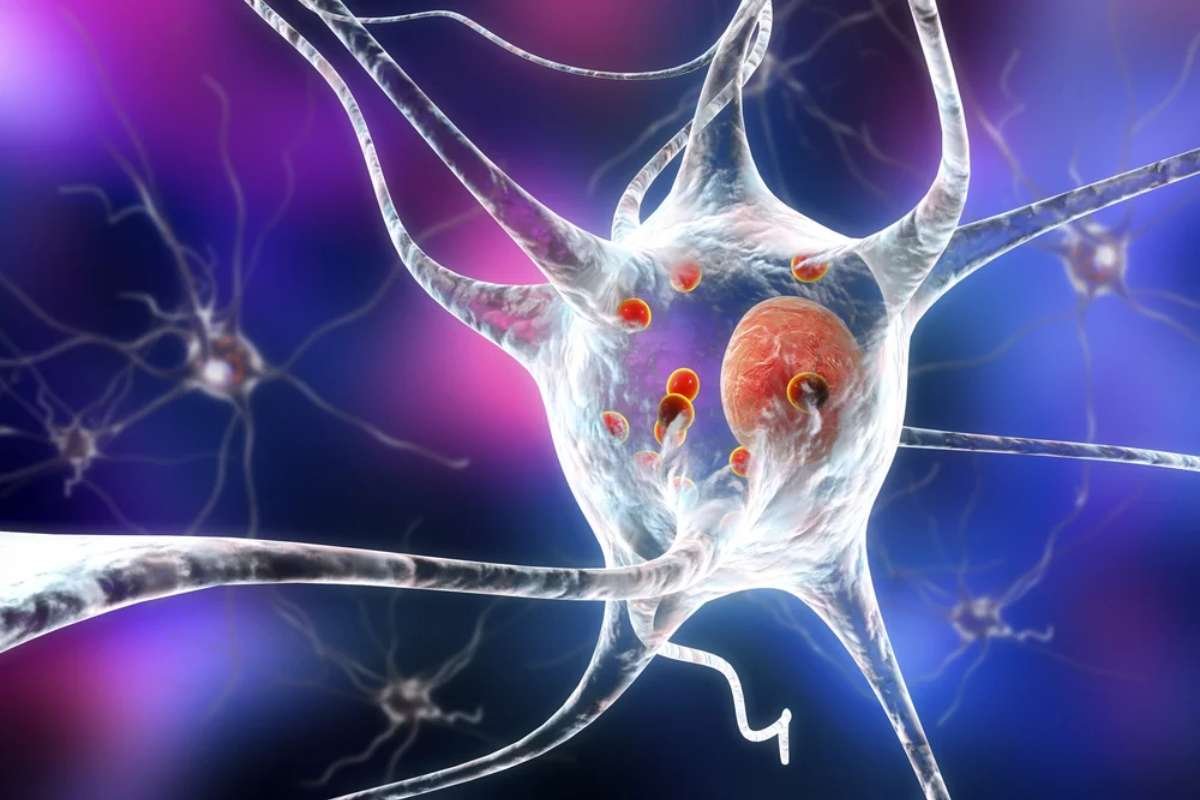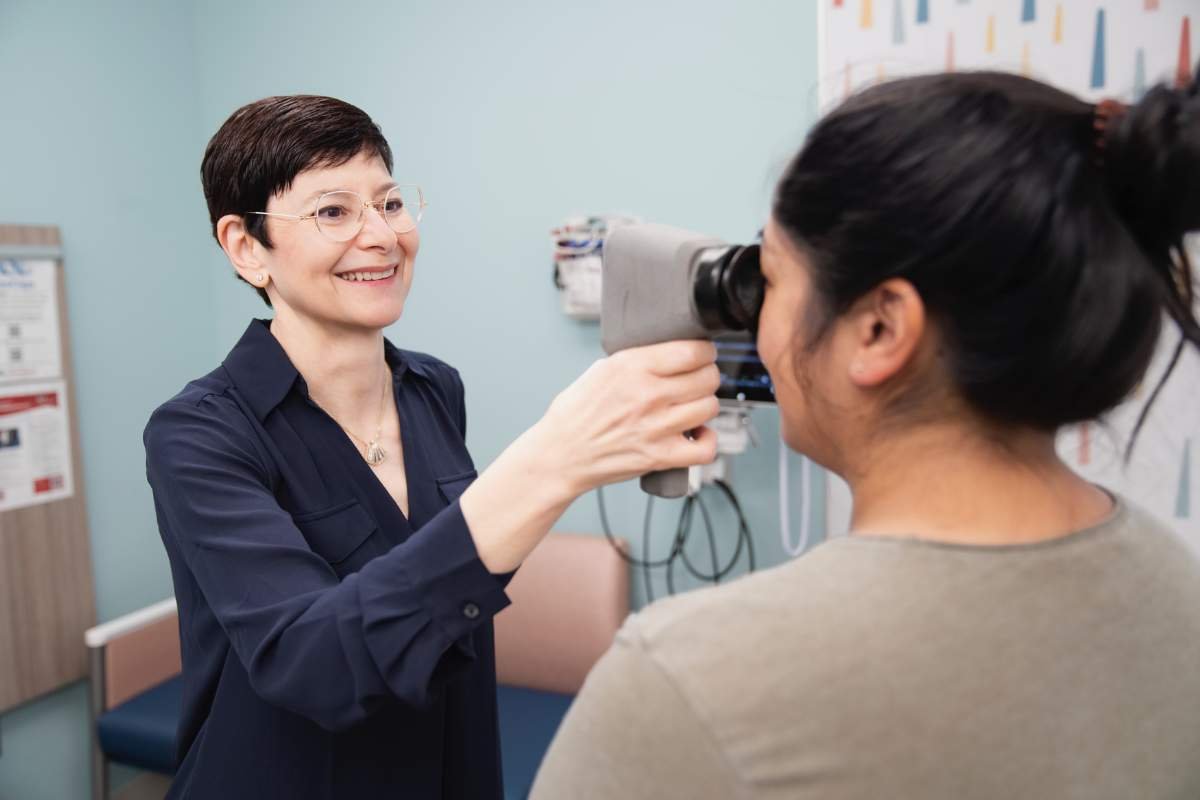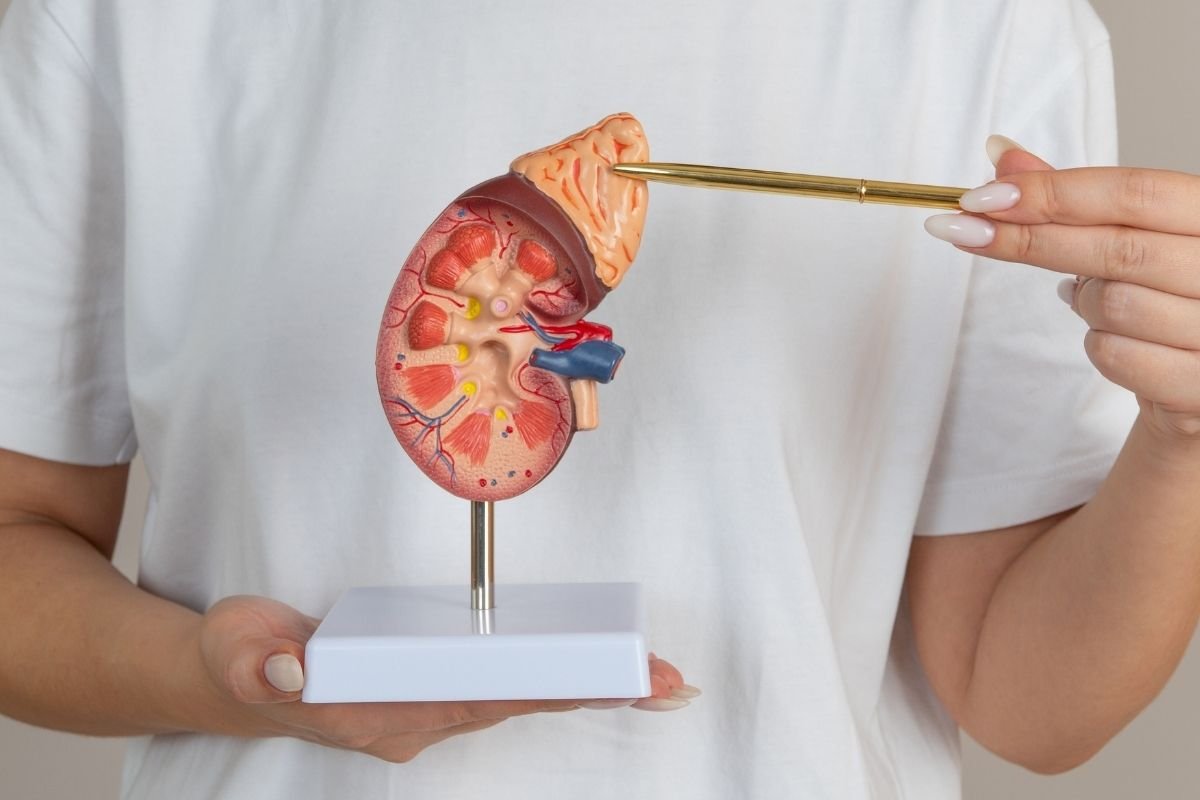The drug zuranolone has been given the green light by the US Food and Drug Administration to be used in the treatment of postpartum depression. This makes it the first oral medication in the country to be approved by the FDA specifically for the condition, which affects 1 in 7 new mothers after giving birth.
The FDA declared on Friday that the medication, to be marketed under the trade name Zurzuvae, had been authorised as a once-daily dose taken over a period of 14 days.
“Postpartum depression is a serious and even fatal disorder in which women experience grief, remorse, and a sense of worthlessness, and in extreme cases, even suicidal thoughts. Postpartum depression may also affect the child’s physical and emotional development since it can damage the mother-infant attachment, according to Dr. Tiffany R. Farchione, director of the Division of Psychiatry of the FDA’s Centre for Drug Evaluation and Research. For many of these women who are suffering with intense, and occasionally life-threatening, symptoms, having access to an oral drug will be a helpful choice.
The FDA changed the drug’s labelling to include a boxed warning, stating that it may impair a person’s ability to drive and engage in other potentially risky activities. Patients can also be unable to gauge the extent of their disability. The organisation advises patients to wait at least 12 hours after taking the medication before using heavy machinery in order to limit the chance of injury.
The FDA reported that drowsiness, dizziness, diarrhoea, weariness, nasopharyngitis (the common cold), and urinary tract infection are the most frequent adverse effects.
The government added that using the medicine could result in suicidal ideas and actions. In addition, it might injure a foetus. According to the organisation, women should use reliable contraception both during and one week after taking the drug. Suicidal thoughts are common in women with severe postpartum depression, and maternal suicide fatalities make up around 20% of all postpartum mortality.
Over 400,000 kids are thought to be born to depressed moms each year in the United States. According to the National Institute of Mental Health, postpartum depression can linger without therapy for months or even years.
Becoming The Second Postpartum Depression Medication Used In The Country
The FDA accepted the zuranolone approval application submitted by Biogen and Sage Therapeutics, Inc. in February, and the FDA gave their application priority evaluation. These two pharmaceutical companies are the ones responsible for zuranolone.
According to Dr. Priya Singhal, executive vice president and head of development at Biogen, “we see potential for zuranolone, if approved, to be a meaningful new option that can help address the serious unmet need faced by the diverse populations struggling with” major depressive disorder and postpartum depression.
Antidepressant drugs and counselling or treatment with a mental health professional have been used to treat postpartum depression, but prior to the FDA-approval of Zulresso and zuranolone, no antidepressant drug had been expressly approved to treat postpartum depression. Additionally, antidepressant drugs typically take a few weeks to start working to relieve symptoms.
Zulresso was the first medication for postpartum depression to get FDA clearance in 2019. Allopregnanolone, a neuroactive steroid that is a metabolite of the hormone progesterone, is a naturally occurring chemical in the body. Brexanolone and zuranolone are both derivatives of this substance. Allopregnanolone levels can sharply increase during pregnancy and then suddenly fall after delivery, perhaps causing postpartum depression.
Therefore, replenishing allopregnanolone with drugs chemically related to it, such as brexanolone or zuranolone, can help postpartum depressives feel a little better. Both medications function similarly; the way in which they are taken differs.
Women with postpartum and perinatal depression now have an at-home, simple-to-use treatment option that may lessen their symptoms, according to Dr. Kristina Deligiannidis, a professor at the Institute of Behavioural Science at the Feinstein Institutes for Medical Research in New York who has served as the principal investigator on nationwide multi-site clinical trials that have the potential to help these women.
It’s common for postpartum depression to go undiagnosed and untreated. With today’s FDA ruling, we might be able to change this and assist a lot more needy women, Deligiannidis added.
In 151 women with severe postpartum depression, a Phase 3 clinical study of zuranolone found that patients receiving daily doses of 30 milligrammes of the drug for two weeks experienced greater reductions in their depressive symptoms than those receiving a placebo. The study, which was carried out in 2017 and 2018 at 27 sites, found that the symptom reductions appeared within three days and persisted for 45 days.
A 50-milligram dose of zuranolone was proven to be safe and efficient in a more recent Phase 3 research, which was released last week in the American Journal of Psychiatry. In comparison to those receiving a placebo, the patients in the study’s 196 postpartum depressed women showed “significant improvements in depressive symptoms” while taking zuranolone 50 milligrammes daily for 14 days.
The researchers discovered that 57% of the women reported a 50% or higher improvement in their depression symptoms the day after the 14-day treatment course was complete, as opposed to 38% of the women receiving a placebo.
After 45 days of monitoring by the researchers, 61.9% of those receiving zuranolone reported significant improvements in their symptoms, compared to 54.1% of those receiving a placebo.
Director of the Centre for Women’s Mood Disorders at the University of North Carolina in Chapel Hill, Dr. Samantha Meltzer-Brody, called the FDA’s clearance of zuranolone “a very important step forward” for the field of maternal mental health. She participated in the clinical trials for zuranolone as one of the investigators.
It will be a crucial treatment option for postpartum depression. There is a need for rapidly acting antidepressant medicines, and this would be the first oral pill formulation of one. Meltzer-Brody wrote in the email, “That is a really important deal for raising the bar to better therapy options for women with postpartum depression.
“I believe that many women will be very eager for a rapidly acting antidepressant,” she said, adding that if a mother can experience postpartum depression relief within three days, as some participants in the zuranolone clinical trials did, “that is extremely important as the postpartum period is such a vulnerable time.”
Some Mental Health Professionals Express Concern
According to Catherine Monk, professor and director of the division of women’s mental health in the department of obstetrics and gynaecology at Columbia University’s Vagelos College of Physicians and Surgeons, the approval of this medication is a significant step in the treatment of postpartum depression because it has a new biological target and is fast-acting.
She continued, “However, there are some worries among some maternal mental health experts when it comes to zuranolone. The drug was originally tested primarily on women with severe postpartum depression, not mild or moderate depression, and patients should still consider psychotherapy as an intervention for depression.
There is worry that this medicine will be utilised universally. While psychotherapy and other behavioural and lifestyle modifications are the gold standard of care for adults with mild to moderate depression, Monk noted that the pill should not be the primary line of treatment for patients with mild to severe postpartum depression.
“It needs to be clear that it originally was established as having efficacy mainly with people who had severe depression,” she emphasised. Postpartum depression rates show major health inequities, with much higher rates among minoritized and those living in poverty.
Monk stated that although these inequalities are a socio-political issue, “we must address the social determinants of health in the causal pathway to postpartum depression and not let the excitement of a new medication overshadow these issues.” Similar thoughts were expressed by Judite Blanc, assistant professor of psychiatry and behavioural sciences at the University of Miami Miller School of Medicine.
Zuranolone “may be especially helpful for women who encounter obstacles in obtaining long-term therapies, such as low-income women or those with restricted access to healthcare. However, this clinical research is not the solution to the maternal health issue in the United States and around the world, according to scientific, social, and ethical considerations, Blanc wrote in an email last month.
“Medications shouldn’t be the first or only line of treatment for mental health conditions, particularly among women, children, and historically oppressed populations,” the author added.
Blanc continued, “We need further studies to assess the long-term impact of Zuranolone, including among breastfeeding mothers, as well as the patient-child interaction.” This is because the trial’s findings on the effects of zuranolone on postpartum women who do not breastfeed were only observed for 45 days.
Symptoms of postpartum depression can include sobbing fits, trouble bonding with your child, difficulties falling asleep, or feelings of hopelessness. Women with severe postpartum depression struggle to carry out daily tasks and frequently have persistent thoughts of killing themselves, the baby, or themselves. These are extremely dangerous symptoms that need to be assessed and treated right once.
“Someone with a really severe depression, often there is suicidal ideation, and very concerning, a plan,” said Monk. To any new mother, she added, “if you feel like you could use some support and help, it doesn’t matter if you have what we call a subclinical depression, please reach out and you should get help. It may be that you don’t need as much help as someone else with a very serious depression, but let’s get you the support and help you need – especially to prevent the situation from worsening.”











